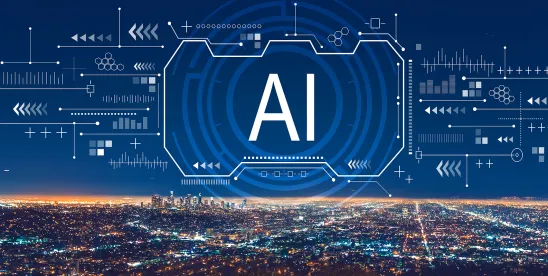California lawmakers have proposed new legislation to reshape the growing use of artificial intelligence (AI) in the workplace. While this bill aims to protect workers, employers have expressed concerns about how it might affect business efficiency and innovation.
What Does California’s Senate Bill 7 (SB 7) Propose?
SB 7, also known as the “No Robo Bosses Act,” introduces several key requirements and provisions restricting how employers use automated decision systems (ADS) powered by AI. These systems are used in making employment-related decisions, including hiring, promotions, evaluations, and terminations. The pending bill seeks to ensure that employers use these systems responsibly and that AI only assists in decision-making rather than replacing human judgment entirely.
The bill is significant for its privacy, transparency, and workplace safety implications, areas that are fundamental as technology becomes more integrated into our daily work lives.
Privacy and Transparency Protections
SB 7 includes measures to safeguard worker privacy and ensure that personal data is not misused or mishandled. The bill prohibits the use of ADS to infer or collect sensitive personal information, such as immigration status, religious or political beliefs, health data, sexual or gender orientation, or other statuses protected by law. These limitations could significantly limit an employer’s ability to use ADS to streamline human resources administration, even if the ADS only assists but does not replace human decision making. Notably, the California Consumer Privacy Act, which treats applicants and employees of covered businesses as consumers, permits the collection of such information.
Additionally, if the bill is enacted, employers and vendors will have to provide written notice to workers if an ADS is used to make employment-related decisions that affect them. The notice must provide a clear explanation of the data being collected and its intended use. Affected workers also must receive a notice after an employment decision is made with ADS. This focus on transparency aims to ensure that workers are aware of how their data is being used.
Workplace Safety
Beyond privacy, SB 7 also highlights workplace safety by prohibiting the use of ADS that could violate labor laws or occupational health and safety standards. Employers would need to make certain that ADS follow existing safety regulations, and that this technology does not compromise workplace health and safety. Additionally, ADS restrictions imposed by this pending bill could affect employers’ ability to proactively address or monitor potential safety risks with the use of AI.
Oversight & Enforcement
SB 7 prohibits employers from relying primarily on an ADS for significant employment-related decisions, such as hiring and discipline, and requires human involvement in the process. The bill grants workers the right to access and correct their data used by ADS, and they can appeal ADS employment-related decisions. A human reviewer must also evaluate the appeal. Employers cannot discriminate or retaliate against a worker for exercising their rights under this law.
The Labor Commissioner would be responsible for enforcing the bill, and workers may bring civil actions for alleged violations. Employers may face civil penalties for non-compliance.
What’s Next?
While SB 7 attempts to keep pace with the evolution of AI in the workplace, there will likely be ongoing debate about these proposed standards and which provisions will ultimately become law. Jackson Lewis will continue to monitor the status of SB 7.





 />i
/>i
